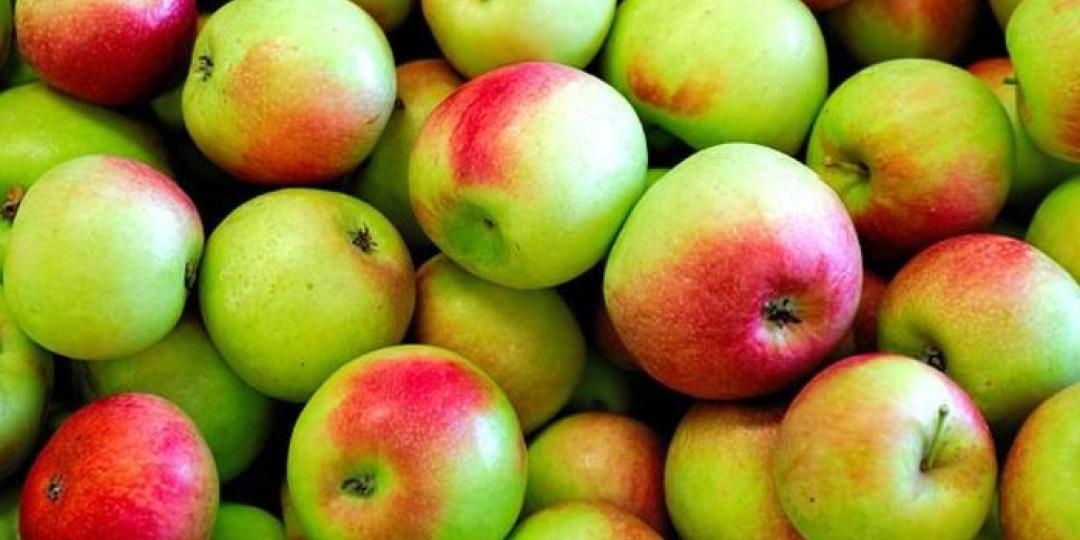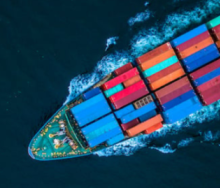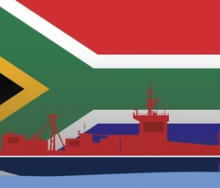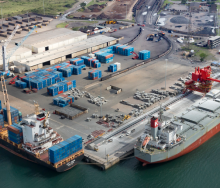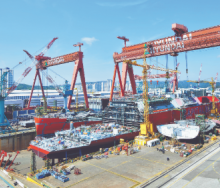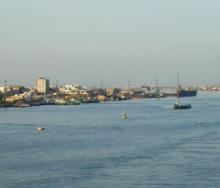As South Africa’s exports into Africa continue their upward trajectory, now is not the time for complacency as several international players try to muscle in on this growing market.
That’s the view of Hortgro’s general management: trade and markets, Jacques du Preez who says that 14 years ago South Africa shipped 11% of its apple exports, 2.1m cartons, to Africa. “Fast forward to 2019 and this total has jumped by almost 350% to 31% or 9.3m cartons.”
Africa, including the local South Africa market, is now by far the biggest market for apples, says Du Preez. “Annually we ship roughly 30% of our exports to Africa and sell about 220 000t on the local market of the ±900 000t produced in total. Then there are also exports via road freight, but those numbers are hard to come by.”
Du Preez says South Africa is in a unique position geographically to service East, Central as well as West Africa and has the integrated and sophisticated production capacity, systems and technology to cater to the varying consumer needs across the continent.
“It wasn’t too long ago that Europe was our biggest market for Golden Delicious exports, but due to European production increasing, the ability for European growers to store their Goldens longer every year and ‘buy local’ campaigns, our marketing window shortened and demand shrunk.
“We now export minor volumes of Goldens into Europe; one could say that it was the Europeans that gave us the unwelcome nudge at that stage that would lead to our marketing strategy fundamentally changing.”
More and more fruit-producing countries are however actively seeking to penetrate and build trade relationships with African countries.
And while South Africa is the current leader when it comes to apple trade in Africa it’s critical to protect and grow “our territory”, he says.
“Apple producers in European countries like France are actively targeting Africa as a new market and adjusting their growing practices to cater for these consumers. Competitors from the southern hemisphere, like Argentina, have also established a foothold in Northern Africa.”
He says it’s therefore critical that South Africa positions itself as the fruit industry and agriculture source of preference – and that in an era of protectionism Africa stands together.
